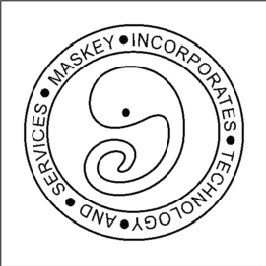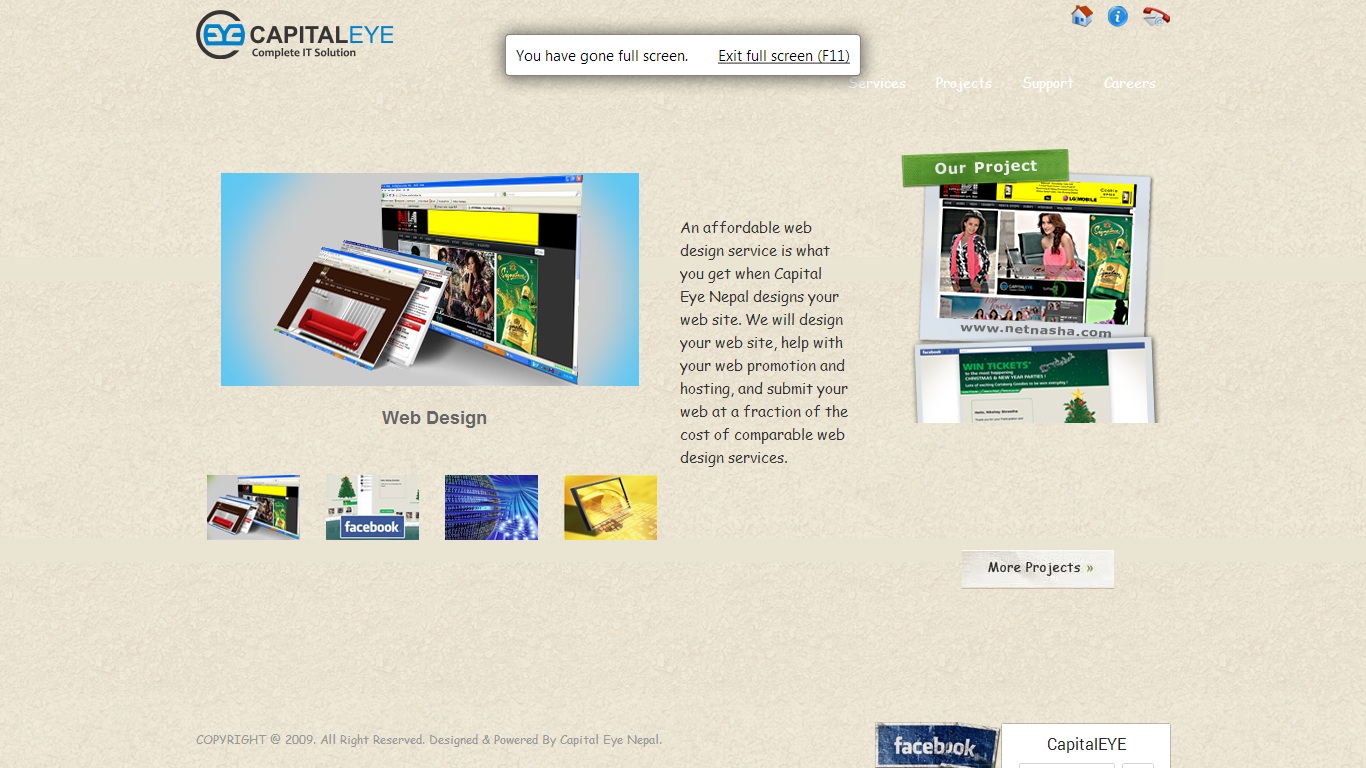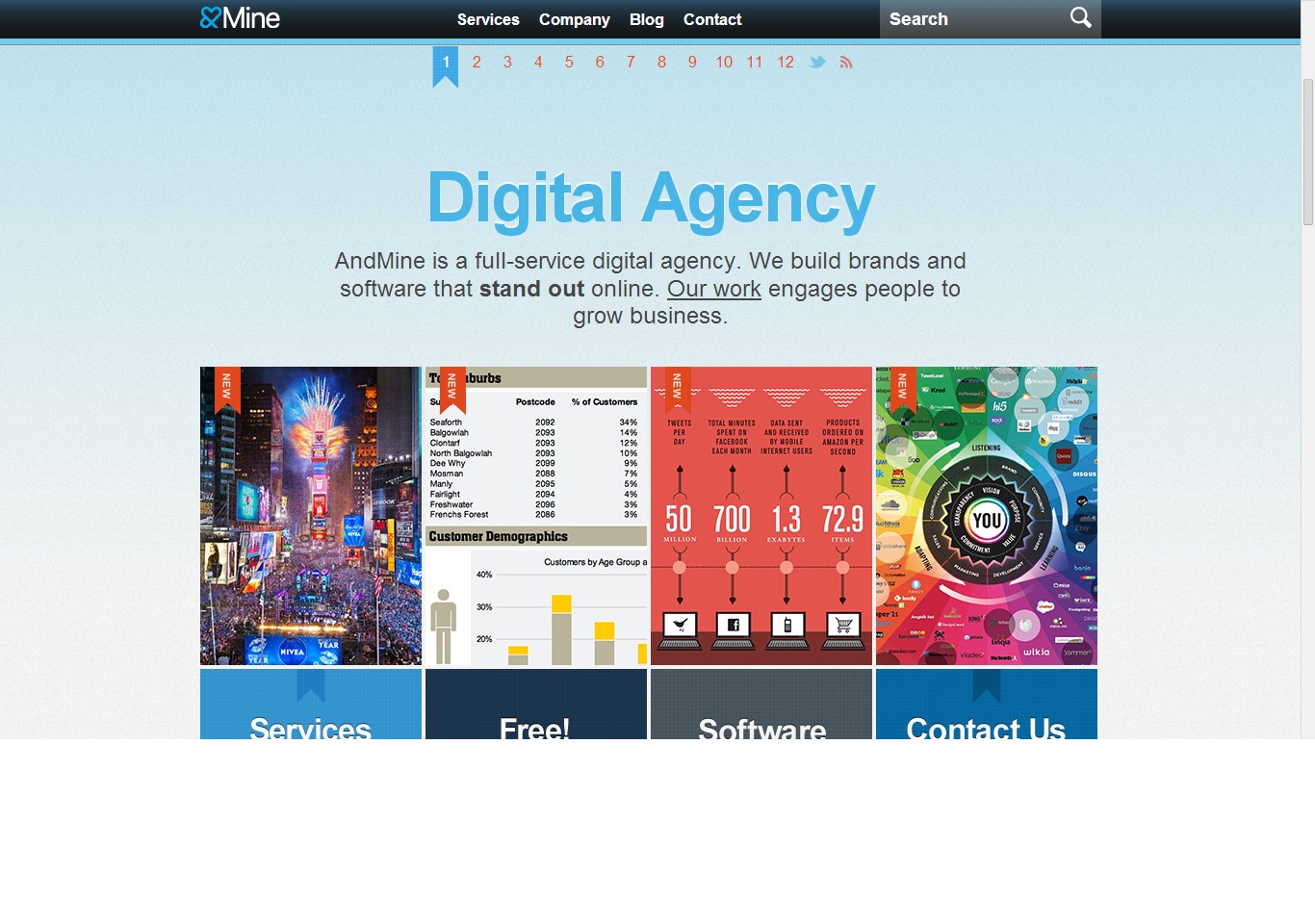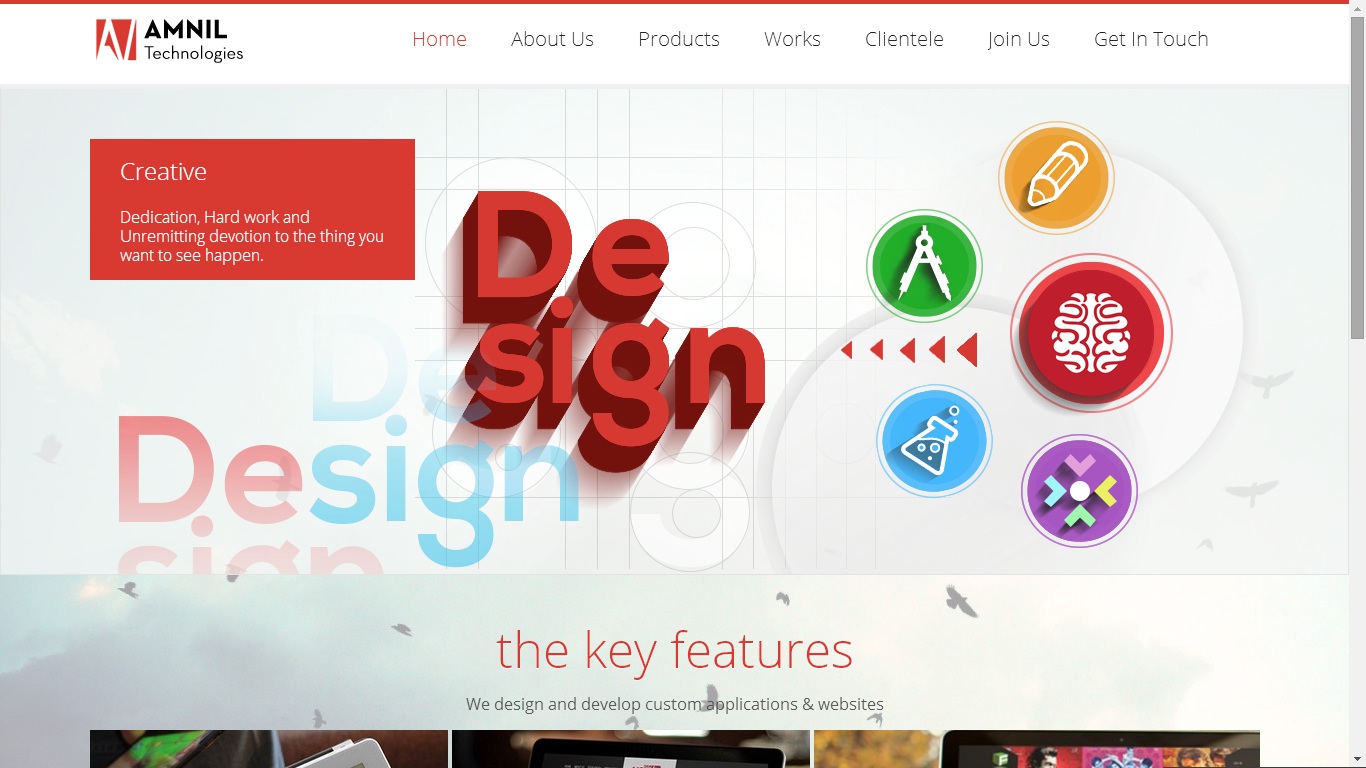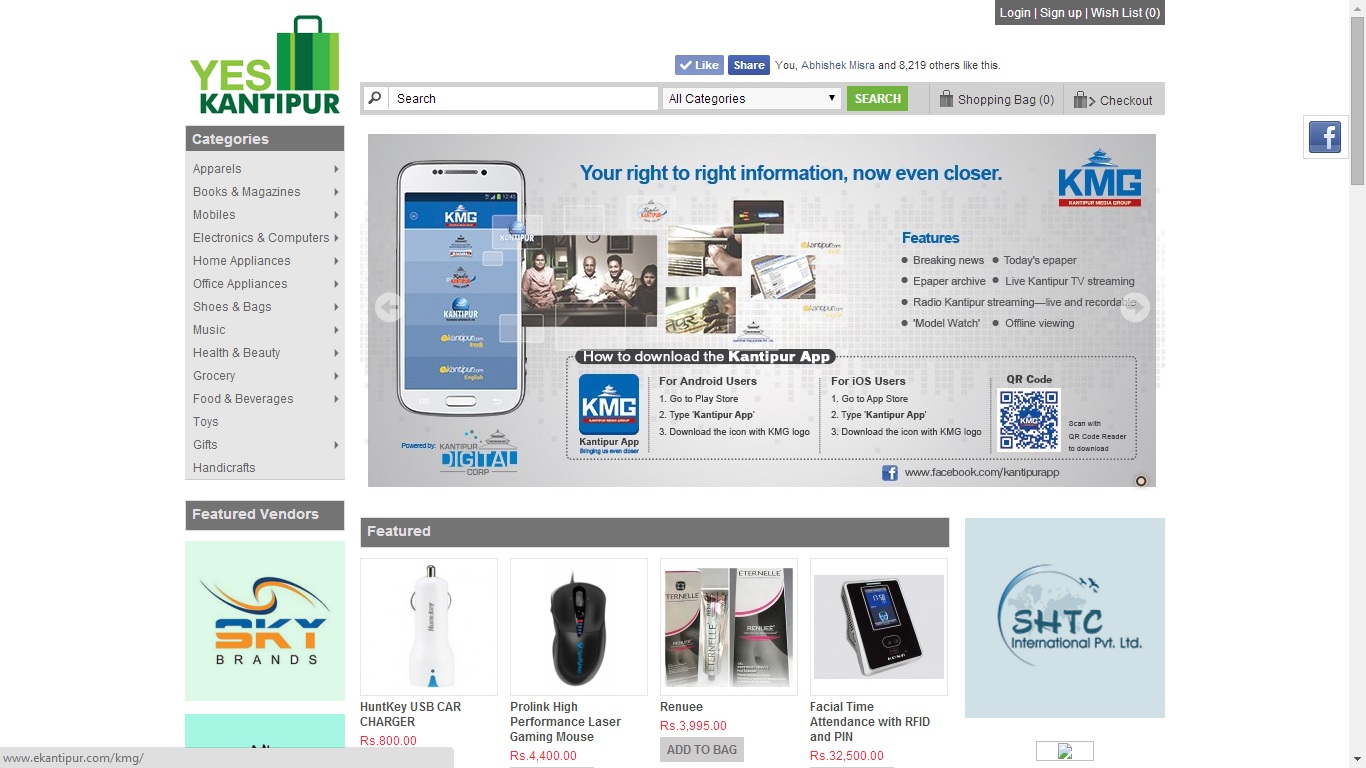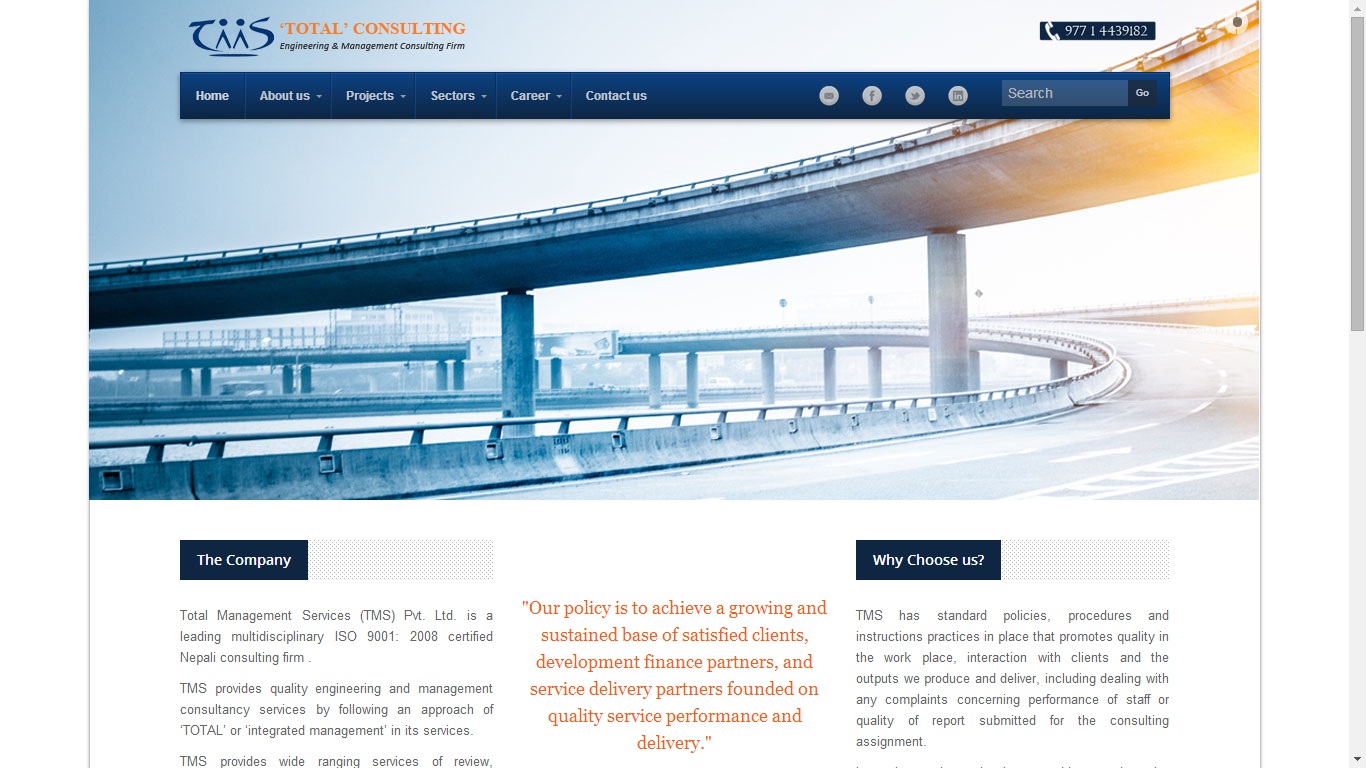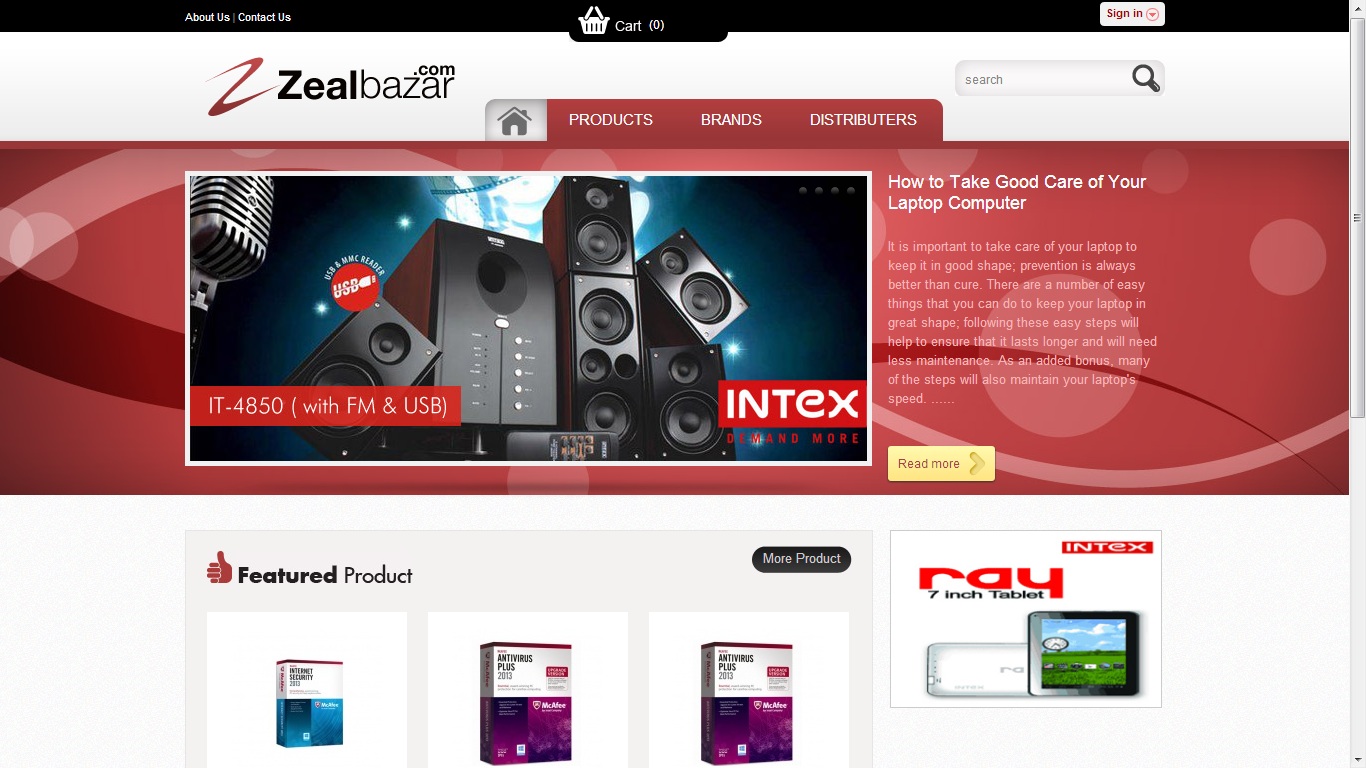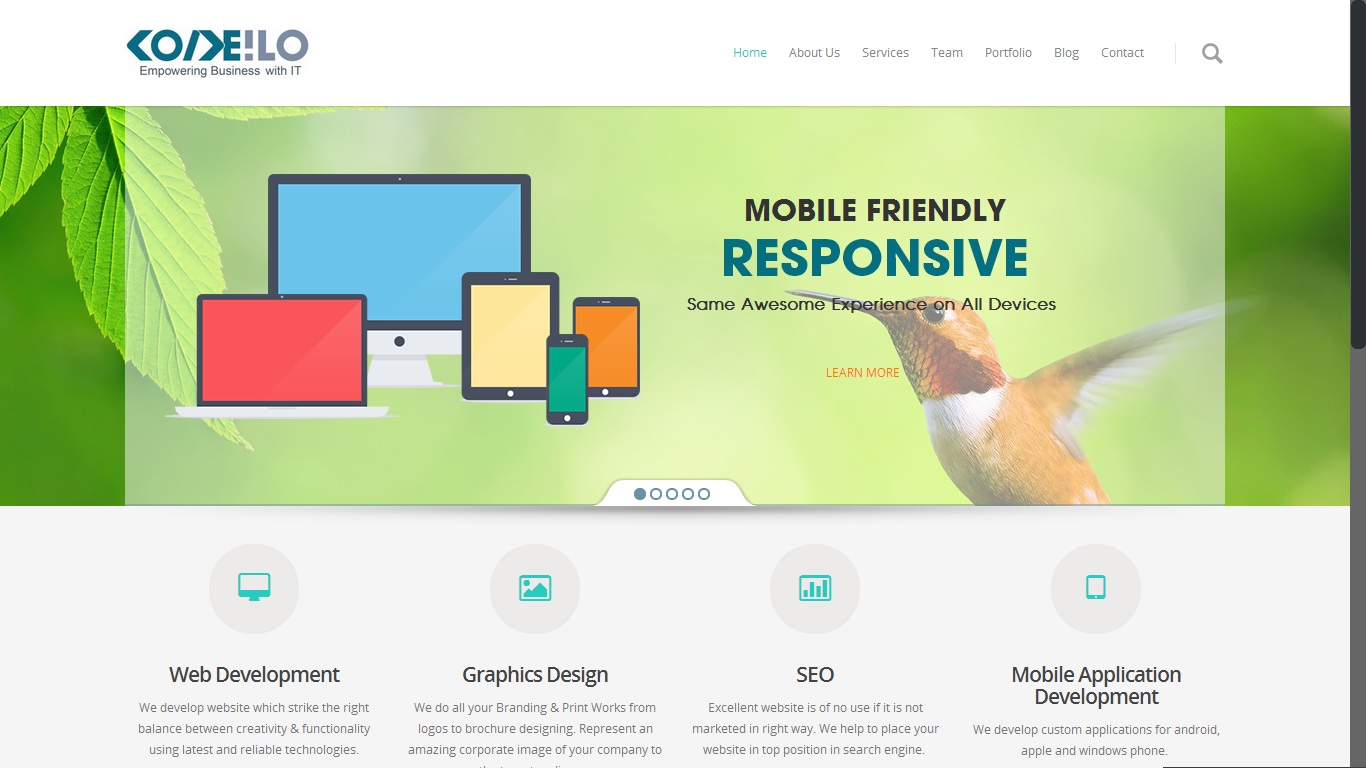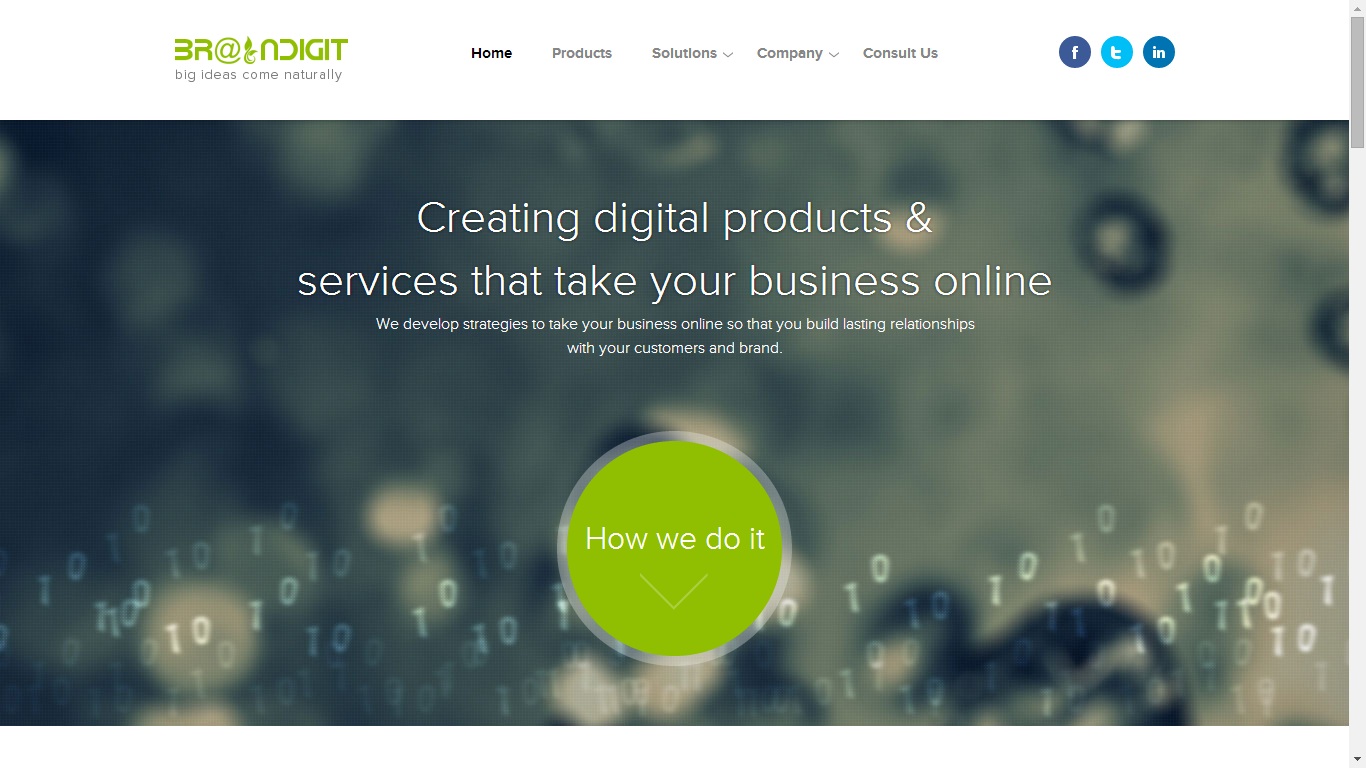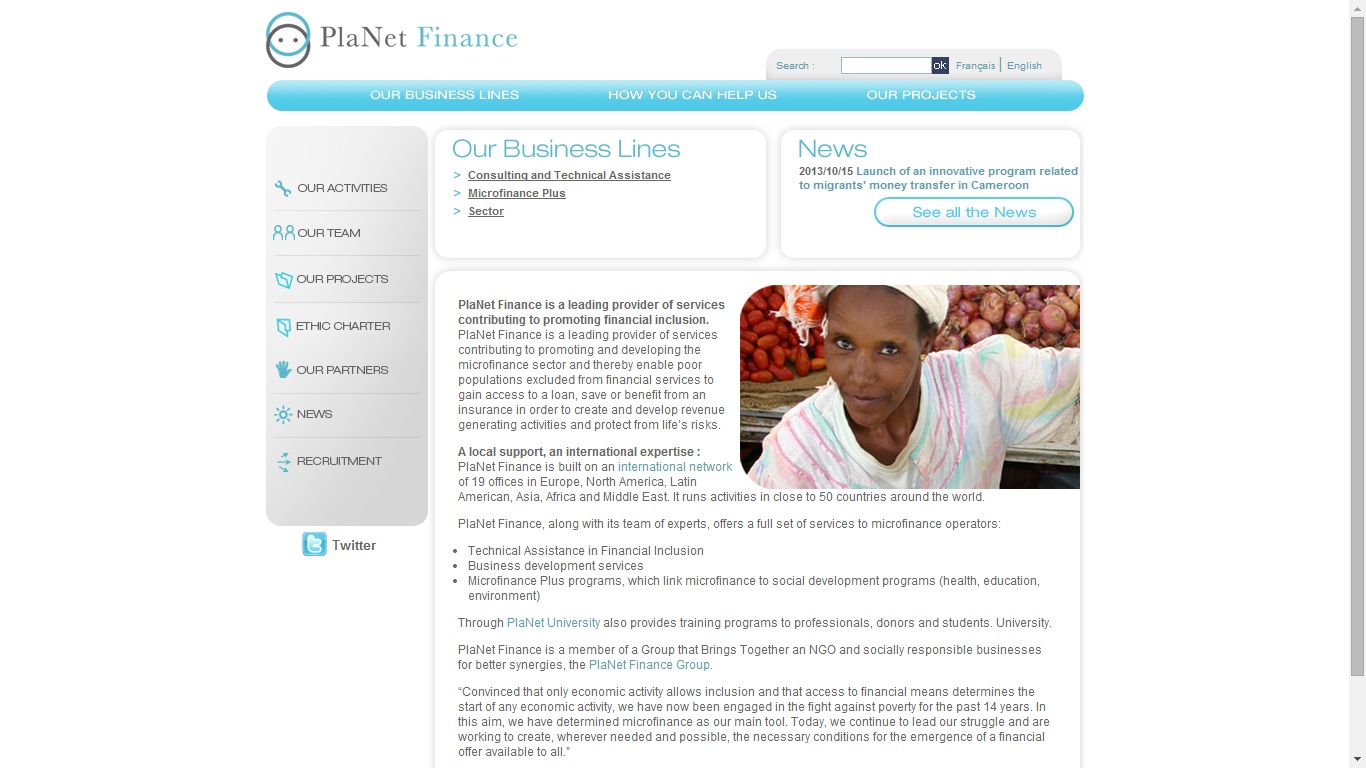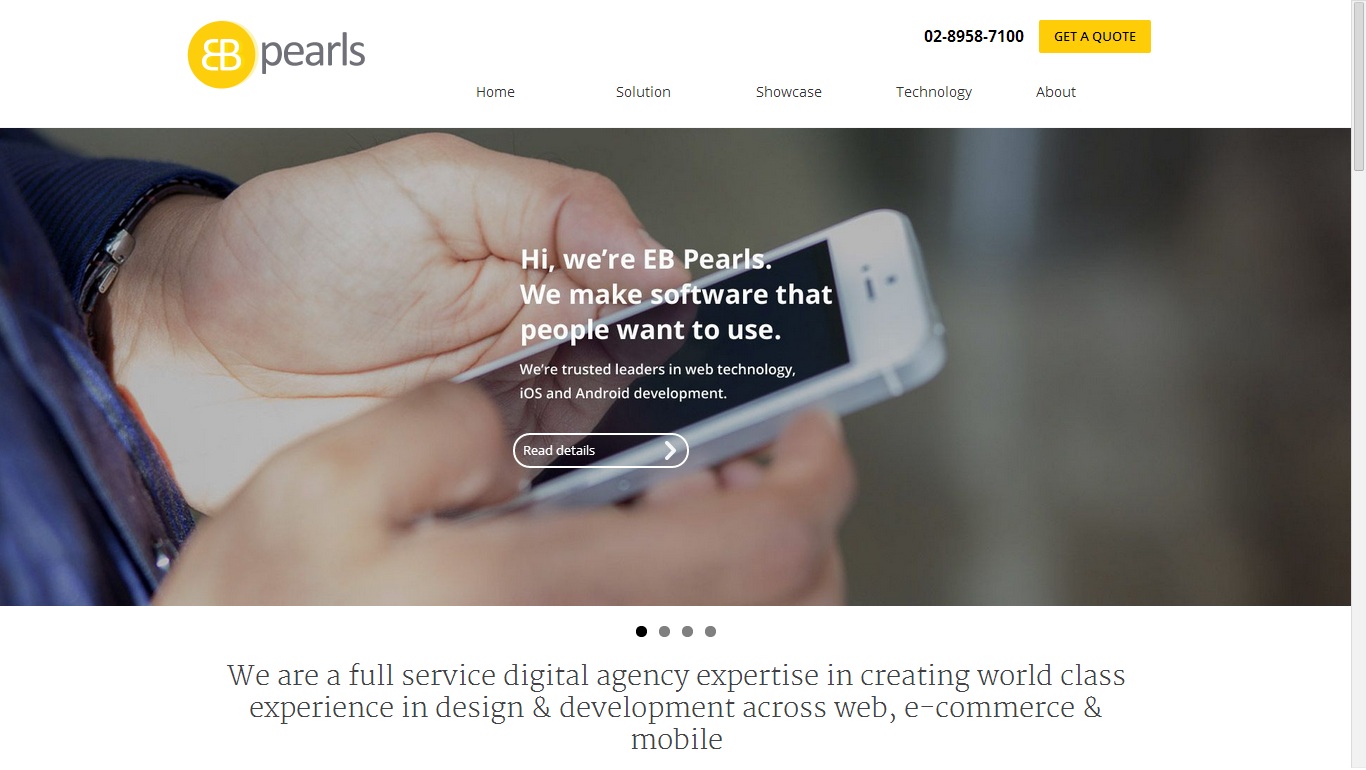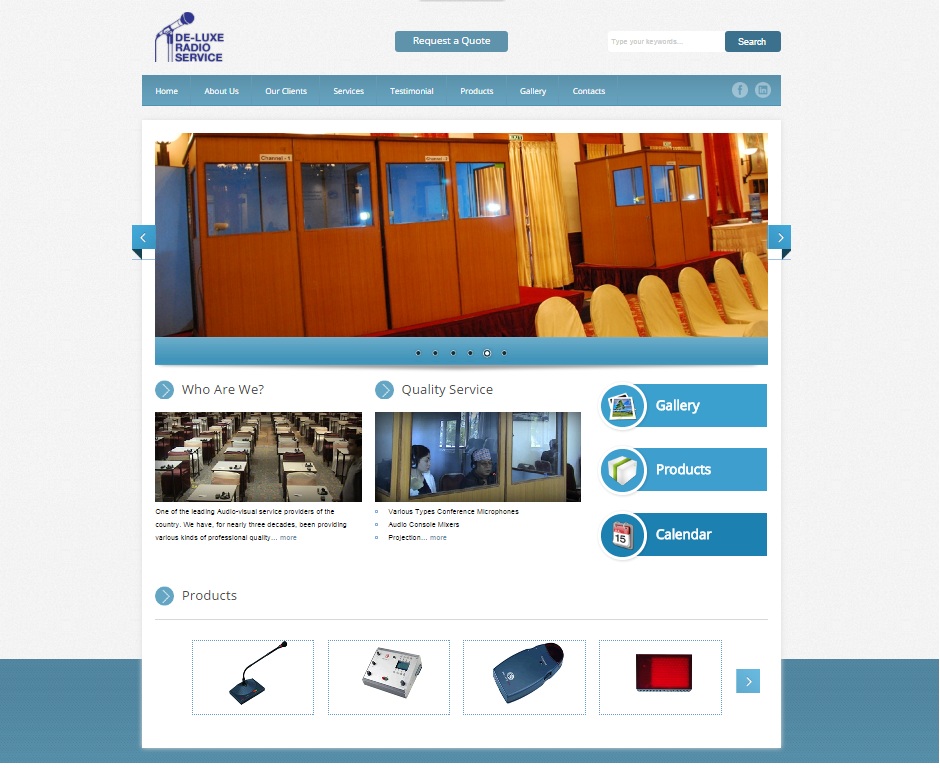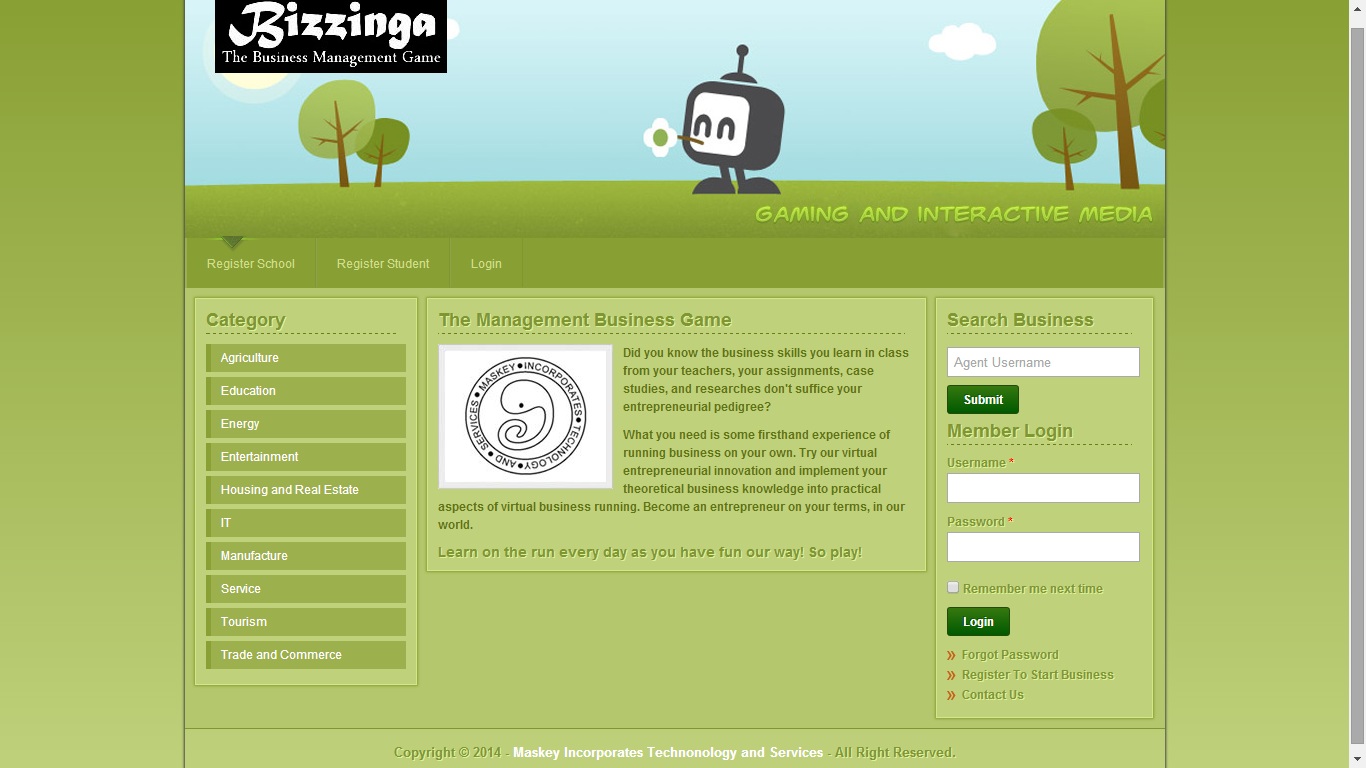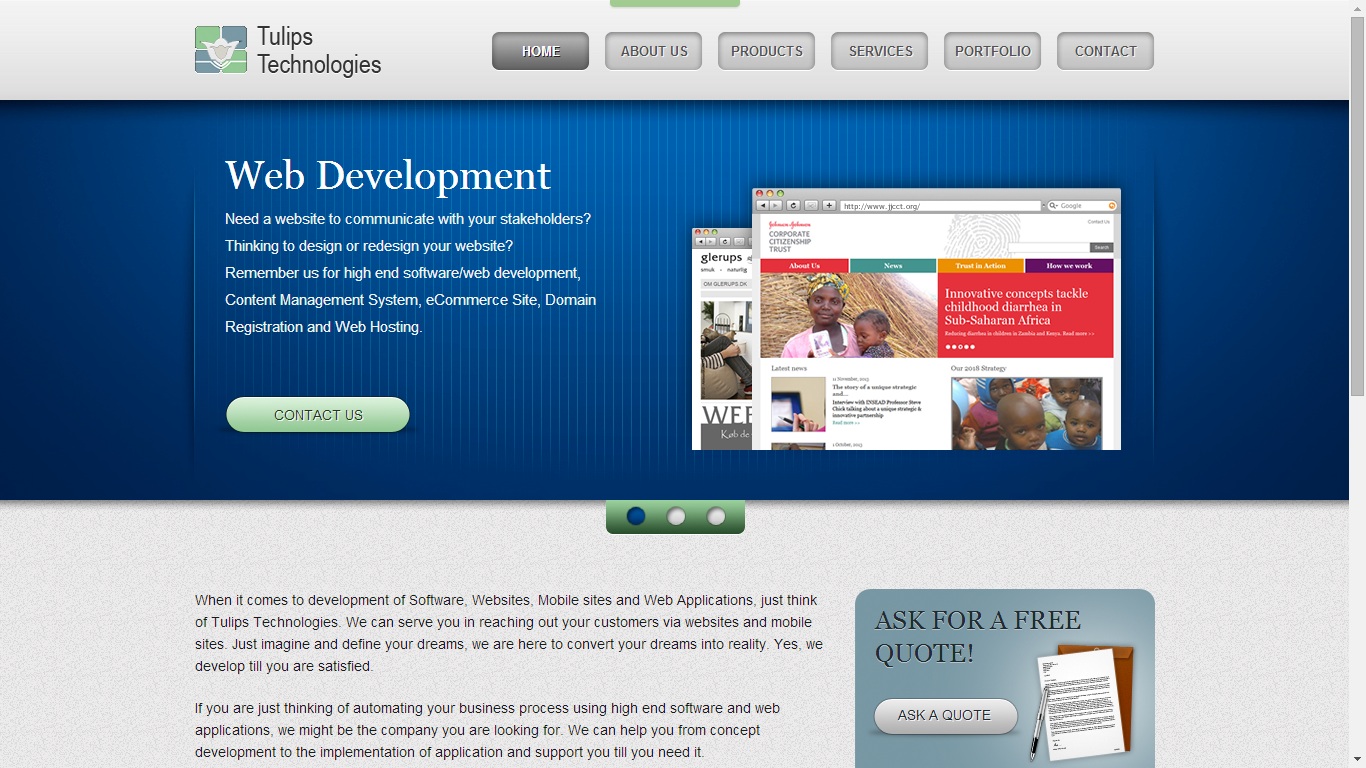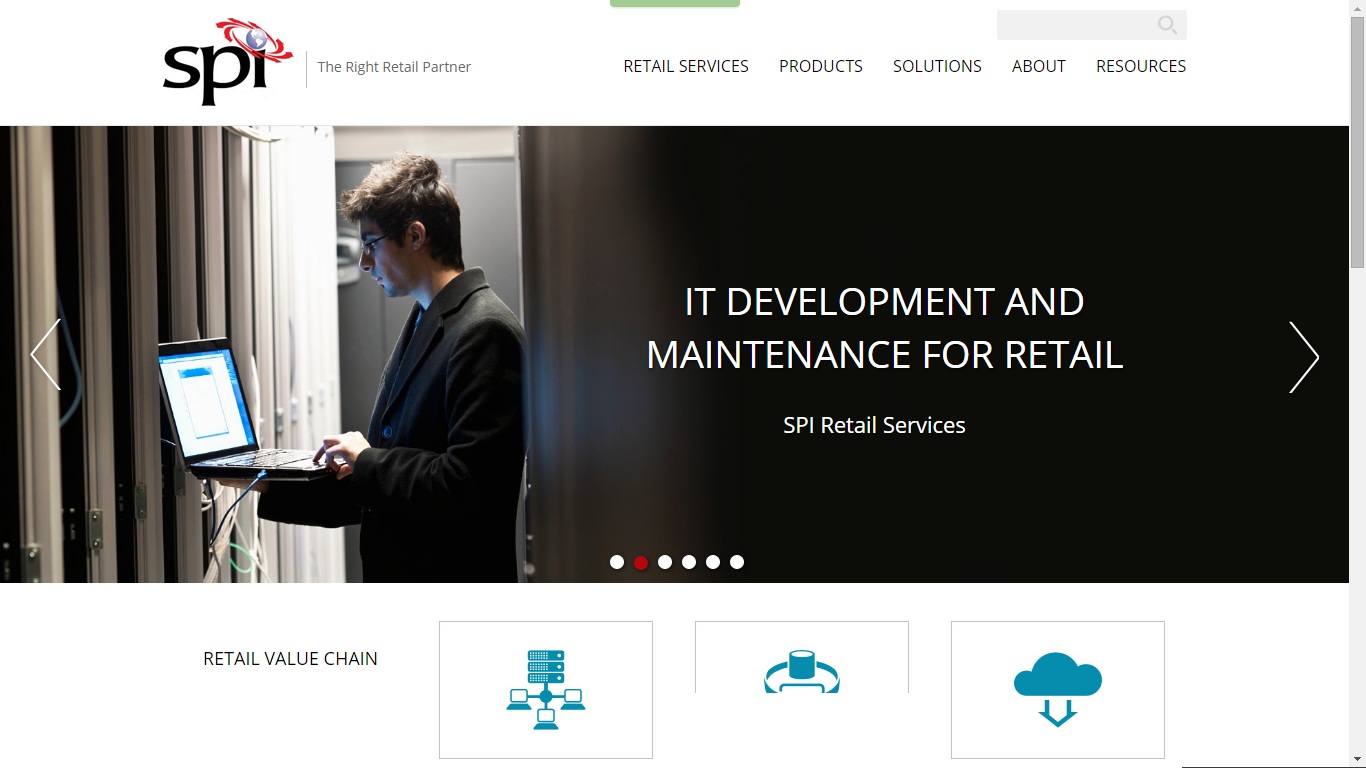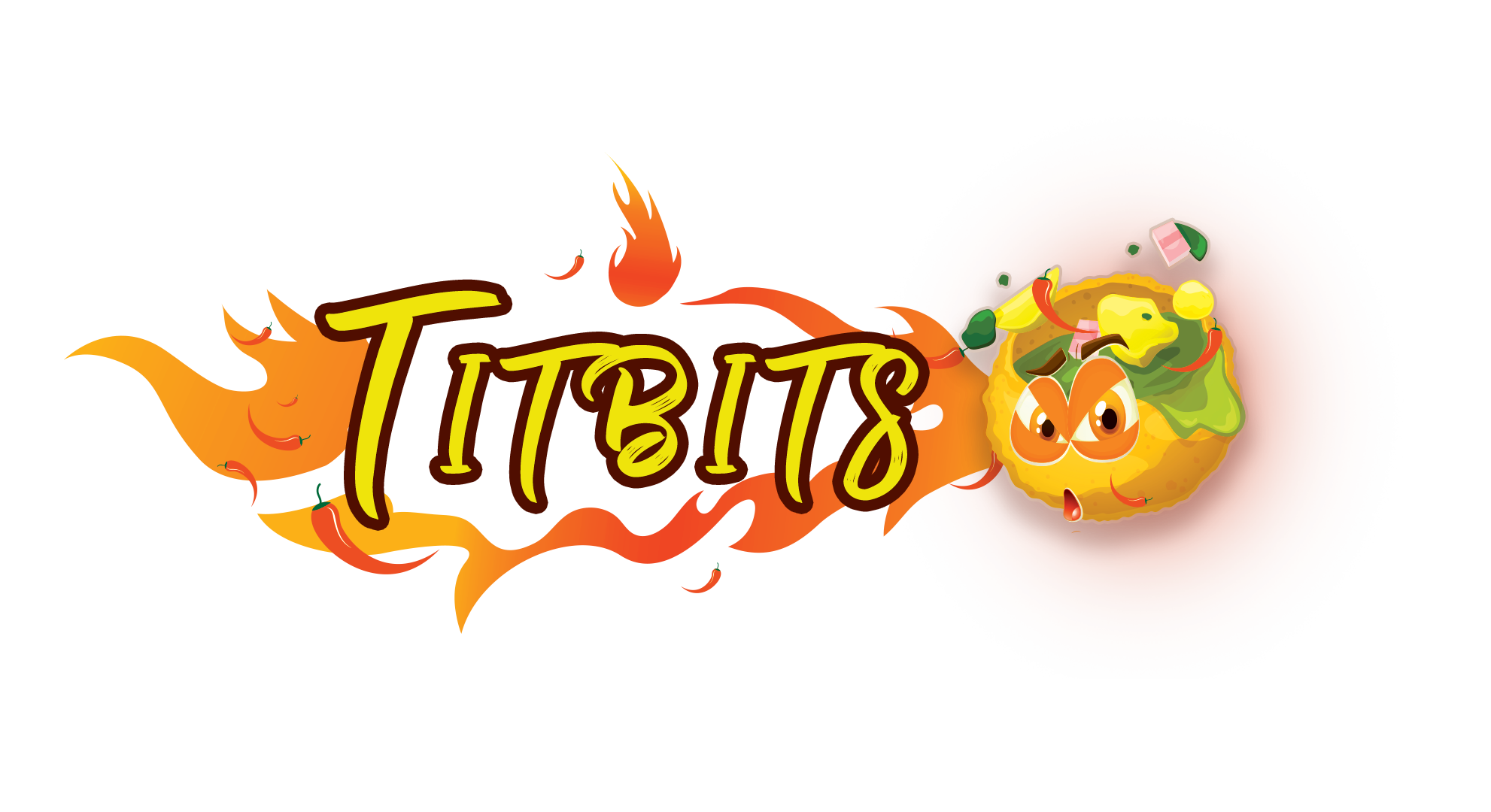-
Vacancy Announcement from Sunrise Bank Limited
Sunrise Bank Limited is a fast growing “A” Class Commercial Bank with diversification to various areas of functions and with rapid branch expansion target across the nation aims to increase the pace of quality growth. In this process t ...
Read More -
Vacancy notice from CDS and Clearing Limited, a wholly owned subsidiary company of Nepal Stock Exchange
CDS and Clearing Limited, a company established under the company act is a company promoted by Nepal Stock Exchange Limited (NEPSE) in 2010 to provide centralized depository, clearing and settlement services in Nepal. The main objective of the com ...
Read More -
Vacancy announcement from Civil Capital Market
Vacancy Announcement
Read More
Chief Executive Officer (CEO)
Civil Capital Market Limited (CCML), Head Office, Civil Trade Center Sundhara, Kathmandu, requests for expression (EOI) for the position of Chief Executive Officer (CEO)
CCML, ... -
Vacancy Announcement from Global IME Bank
Bank Overview
Read More
Global IME Bank Ltd. (GIBL) emerged after successful merger of Global Bank Ltd (an “A” class commercial bank), IME Financial Institution (a “C” class finance company) and Lord Buddha Finance Ltd. (a &ldqu ... -
Vacancy notice from Lumbini Bikas Bank Limited
Vacancy Announcement
Read More
Lumbini Bikas Bank Limited, a leading national level development bank invites application from highly motivated, dynamic and result oriented Nepalese Citizen for the follow ...
- ... Read More
-
I’ve spent almost 10 years interviewing thousands of candidates and developed a blue print for NAILING your next interview, follow these steps and you will dramatically increase your chances.
1. Know the position you are applying for ...
Read More -
Use these tips to write an effective resume that meets the employer's needs and gets you an interview.
Heading
- Type your name at the top in caps with large, bold type. Include your address, phone ...
-
Ever wondered why a Brit applies with a CV and an American with a resume? And why does an Aussie apply with both? There are a few differences between the two types of application documents and this article will straighten out your queries as well ...
Read More -
Wouldn’t it be great to know what answers the hiring manager is looking for? We asked, and they delivered.
By- Isabel Thottam
Being a mind reader would come in handy during the interview and make the whole getting-a-job thing ...
Read More

By Angela Ahrendts
Senior Vice President, Apple Retail
Experience and age are great gifts when it comes to effectively and successfully hiring and retaining great talent. Below are my guiding principles of hiring gleaned from 34 years of learnings — the four areas I focus candidates on and the questions I typically use as my filter in the first hour we have together.
ME vs. WE
I want to gain insight into how they see themselves in the world.
- How big is their ego and what role does it play in their everyday life?
- Do they focus their energy on being an individual contributor, or on connecting and enabling a wider group?
- Do they care more about their own success or about the greater good of the whole?
I ask simple questions about their family, friends, peers, personal interests, sports, spirituality, and community to glean a better understanding of their true motivation and leadership attributes. This is usually the easy part, because people love to talk about themselves.
I often can’t help myself at this part of the interview and am known to slide in a favorite quote or two that sum up my leadership philosophies. I love to see how they respond to these:
A great coach used to say, “When ordinary people connect, extraordinary things can happen.”
One of my favorite quotes is from management expert Gary Hamel, who was once asked, “How will you know if you are a great leader?” He replied, “Turn around and see if anyone is following you.”
IQ vs. EQ
Now that they are comfortable and their guard is down, I want to understand how they naturally navigate in the world.
- Do they typically think or feel first?
- Do they instinctively use their head or their heart?
I ask a few business questions about how they handle challenging situations and optimize opportunities. I usually ask what their team and peers would say about them to gain deeper perspective on how balanced they are intellectually and emotionally.
By the time they have reached my office, I think it is pretty safe to say they are incredibly smart in their field. I want to make sure they are culturally compatible. Are they empathetic, compassionate, caring and giving of their mind and heart?
My most overused quote, which is now often played back to me, is from Maya Angelou: “I've learned that people will forget what you said, people will forget what you did, but people will never forget how you made them feel.” I want to sense if they truly care about the impact they make on people.
LEFT BRAIN vs. RIGHT BRAIN
I then like to go a little deeper to discover what lens they look at the world through.
- Do they lean into analysis or their instincts? Do they get into details, or carry on a more conceptual conversation?
- Do they make linear decisions, are they a creative thinker, or do they use their whole mind?
I then go back to asking more personal questions, as I find I can better assess their left brain-right brain balance by understanding what they studied, what they do in their spare time.
- What do they read, watch, listen to?
- Do they light up when talking about the arts, their kids?
A company’s success is predicated on you putting the right people in the right place at the right time. You know what you need, and you need to find out who they truly are so both can thrive over the long term.
YESTERDAY, TODAY, TOMORROW
Lastly, I love to learn what guides them in the world, or frames their reference points.
- How much do they look to the past for trends, and how aware are they of the underlying influences impacting their business today?
- Do they have an opinion on the future and how their organization and strategies will need to evolve to keep pace? Are they adverse to or do they thrive on change?
This is how I wrap up the hour, and before they leave I feel it is important to let them know how I feel. If I loved them, I tell them so and say I look forward to continuing the conversation. If they are not right for the position, I think it is best to be honest while we are together so they don't get their hopes up. I always treat them as I want to be treated, and make sure they leave feeling positive even though they are not right for the current position. It is important we both sleep at night and that they leave with respect for themselves and the company.
Good luck, and remember: Building a brilliant team is your job. Nothing you do is more important or adds more value.

